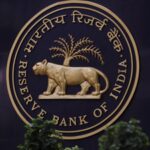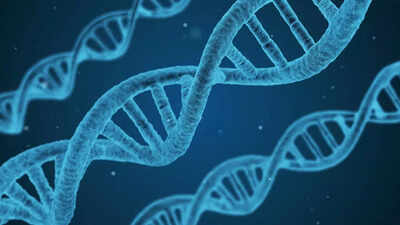The medical term tachycardia, describes heart rates exceeding 100 beats per minute in adult patients. The heart experiences tachycardia due to physical exercise, fever, stress and illness. This occurs because the heart experiences abnormal electrical signals that produce specific types of tachycardia, which indicate potential heart diseases. The heart condition atrial fibrillation (AFib) produces irregular and fast heart rhythms, which can increase the risk of stroke. Ventricular tachycardia begins in the lower heart chambers and produces reduced blood circulation, which may cause fainting, heart failure and even death if left untreated. People who have heart disease or heart damage, face a higher risk of developing dangerous tachycardia conditions.










